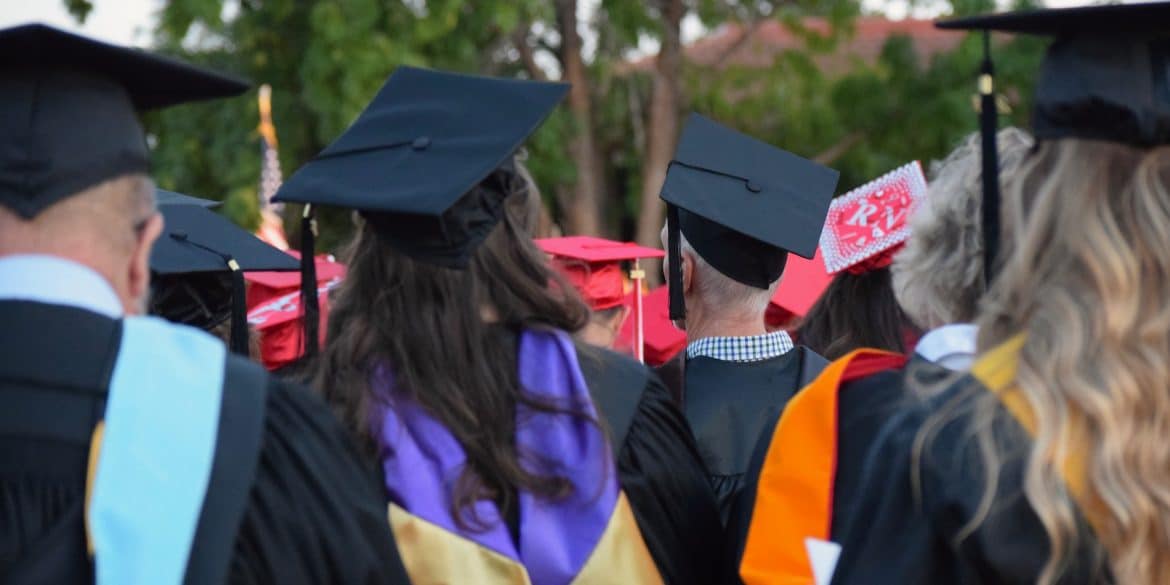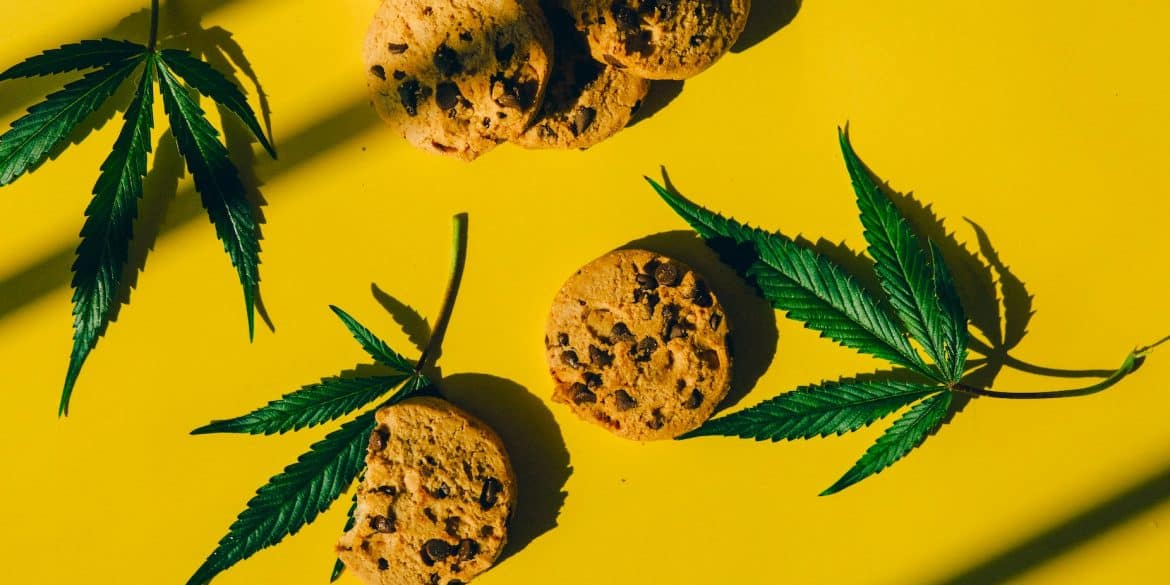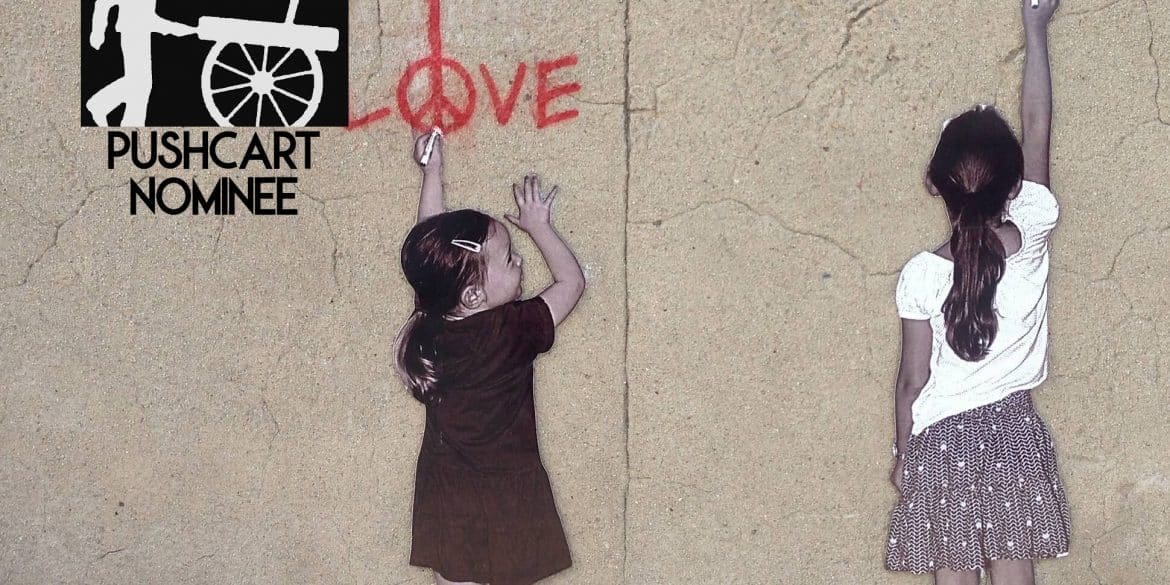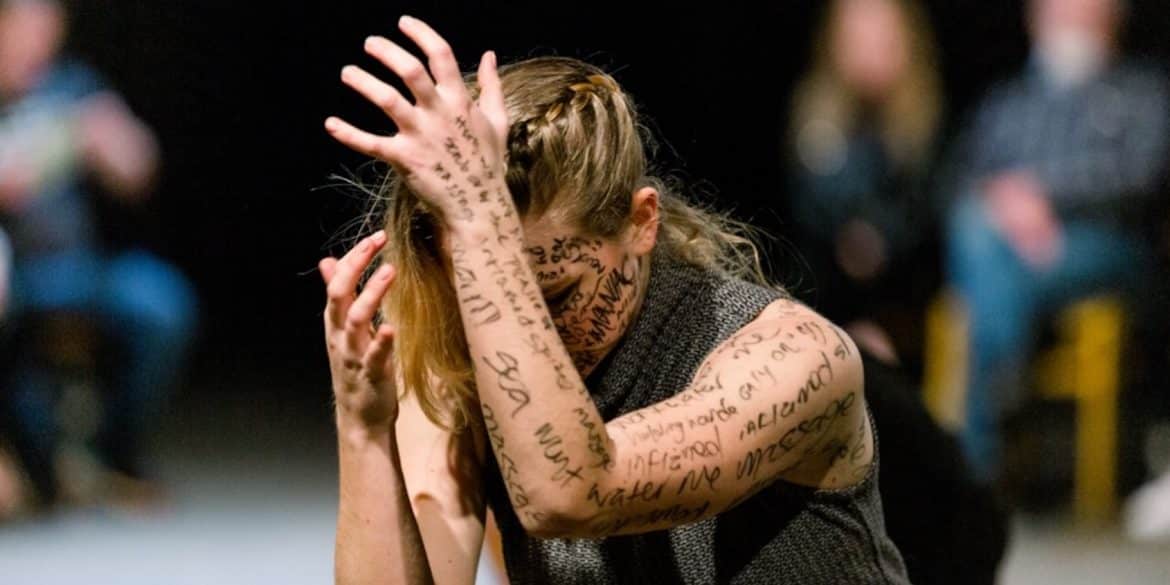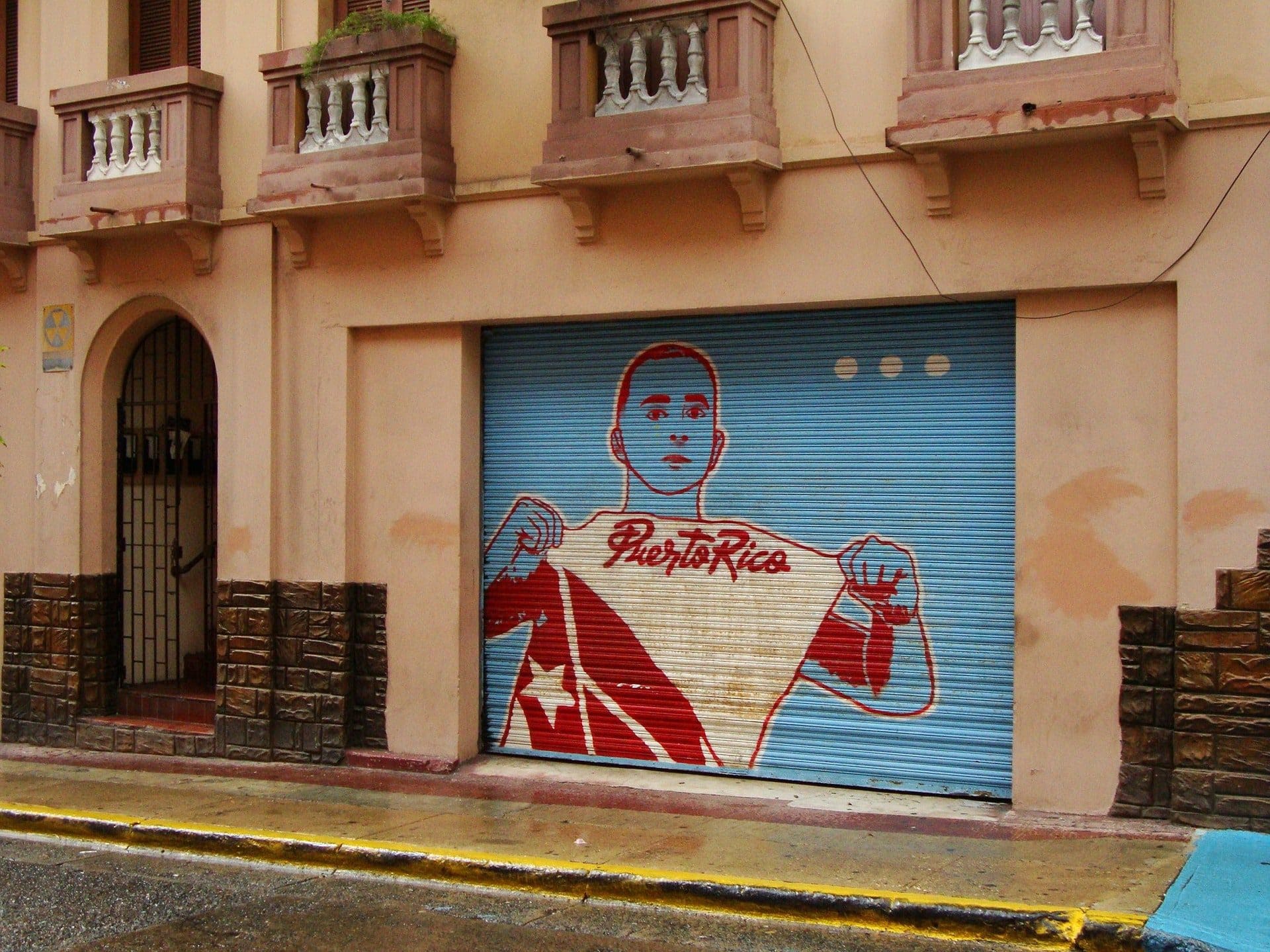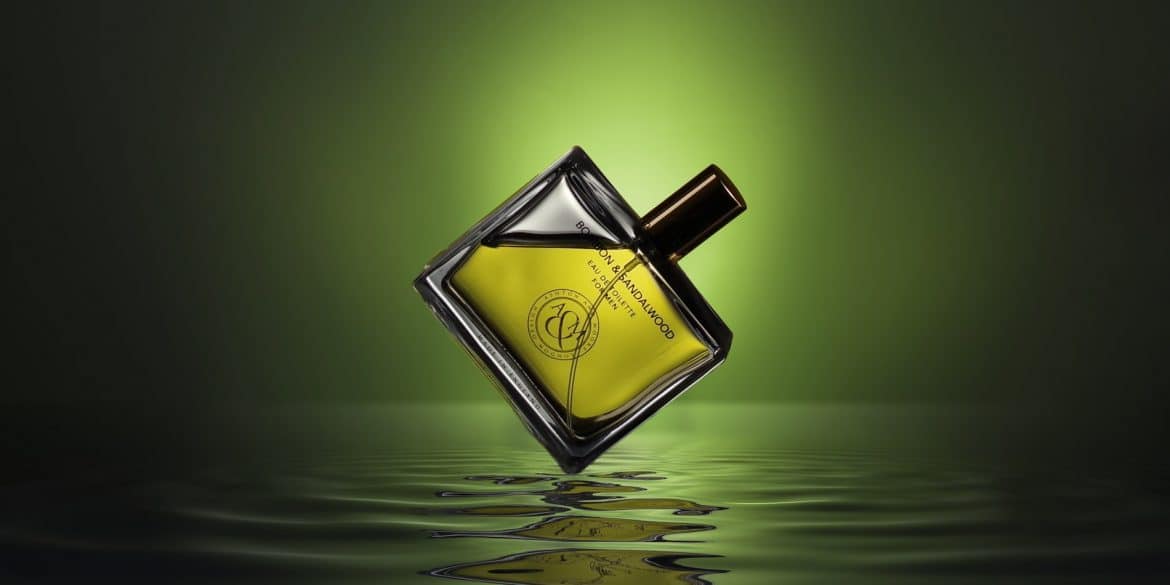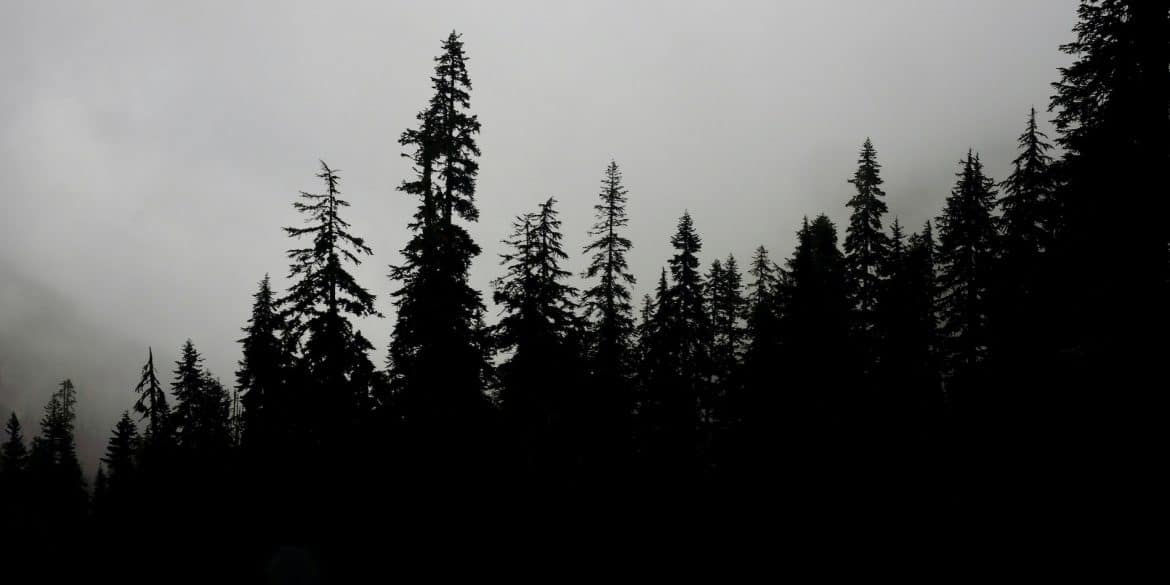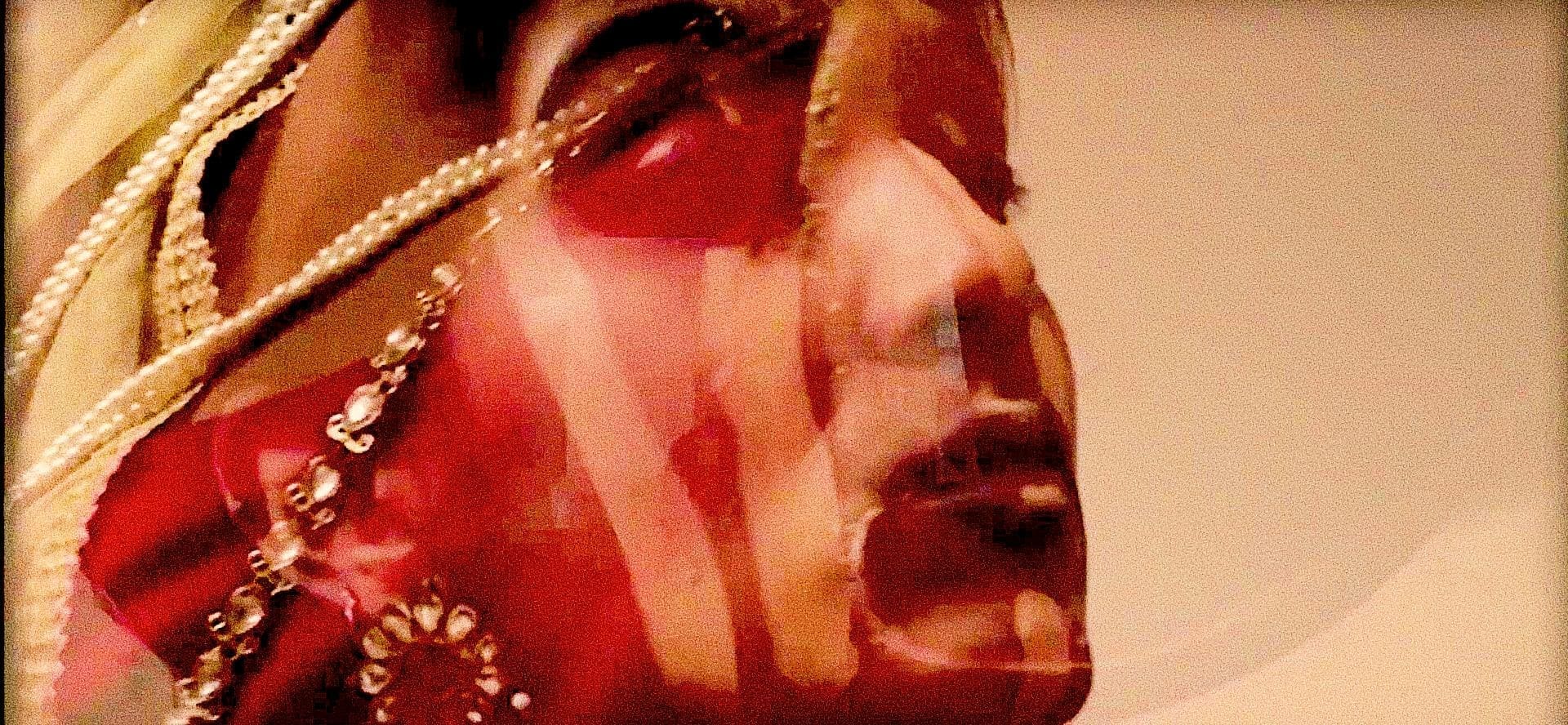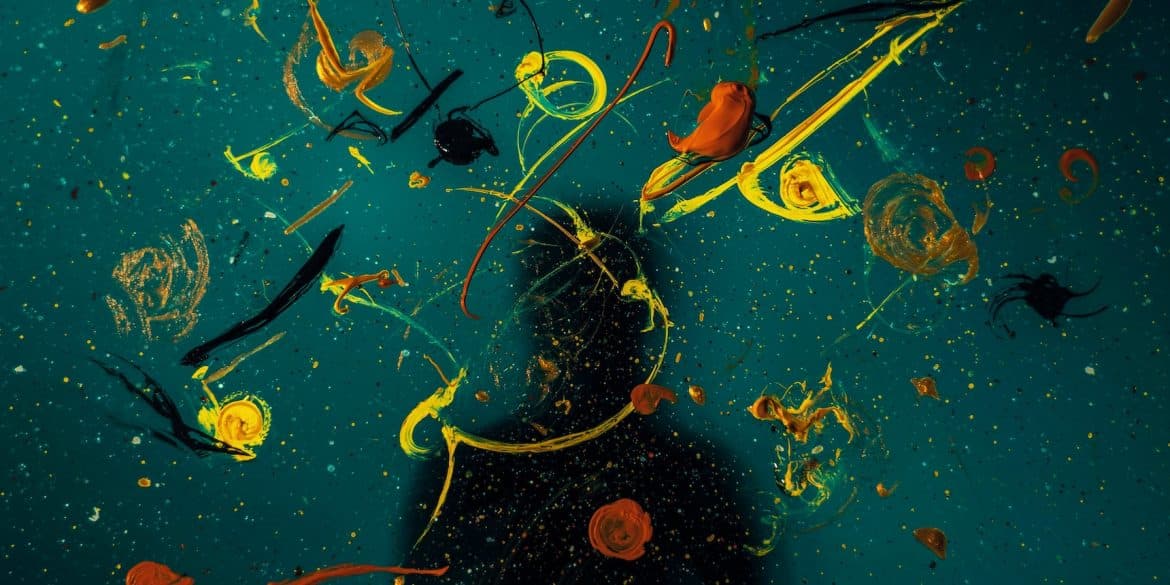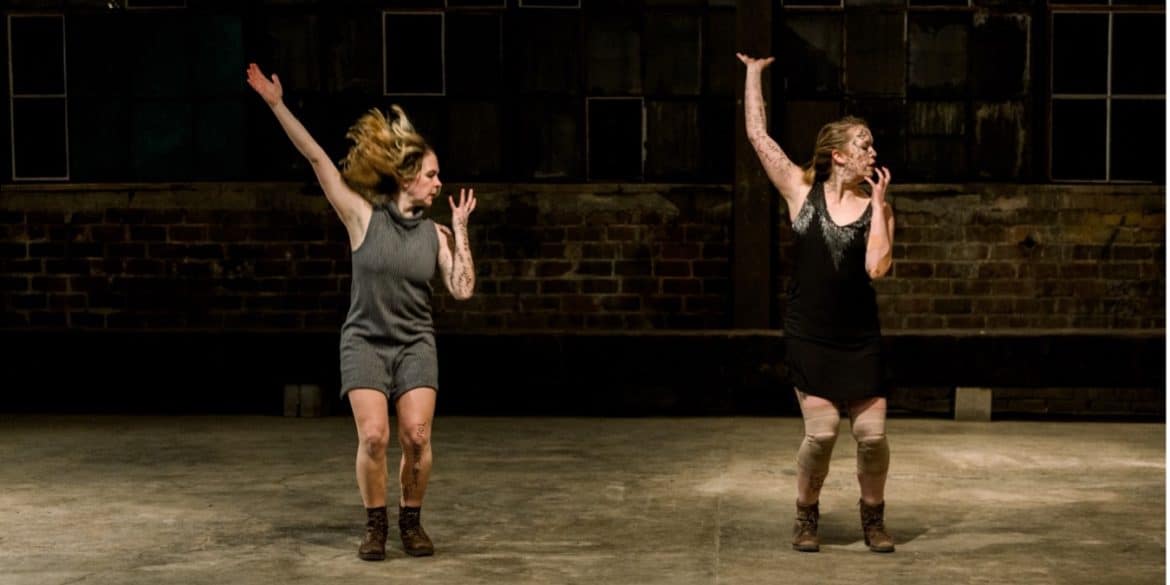"She has been so careful at work; she has had all of her shopping delivered for weeks, actually for months, now; she's even wiped down the items with bleach as they are delivered, and still does. How can this have happened?"
"When I was first accepted into the PhD by research program in the UK, I had mixed feelings, mainly because I was about to pursue a career that I didn’t have the heart for, and partially because I would need to explore yet another new culture, country, and environment."
"When I return to Sam’s place with the cheesecloth, I smell our “soup” pot. Shit. I envision the blotter headline: ECU Professor busted for marijuana. What a way to make my graduate mentors proud and to show success at this professor business."
"We began this autoethnographic essay thinking about the love the teachers have for their students."
"I called out the demons one by one. I named them. I gave them precise blocking and ultimately, I controlled where they stood, breathed, and bourréed. I gave them an entrance, and a stage, and then I sent them away."
"Everybody is a poet in the sense that everyone was/is making do—and making magic—with what they had/have."
"As fragrance, and perfume in particular, has played a major role in the shaping of my writer’s voice, and participation in cultures of fragrance has had a major impact upon my identity, it is impossible to situate myself outside of these cultures. It is because of this privilege of “insider identity” within the global fragrance community and my natural inclination towards narrative research that I turned to autoethnography."
"Because I was so immersed in both history, bound in good-smelling leather, no less, and in beautiful and evocative little bottles around me as playthings, I guess it needed no further prompting. It was within my blood before I could think about what I wanted to do with my life!"
"It is in finding these solutions, the tape and the glue that holds us all together, that we find the beauty of who we are as people."
”I share this artistic piece as an invitation to problematise and think further about not only the Autoethnographic “I/We” in what I/we can know about ourselves and our bodies but also to make space for the incoherence that becomes a part of “being” and “knowing” in explorations of fragmentation and loss.”
"Once I have the first line or two, the rest of the poem seems to flow rather easily. I write whatever comes to mind. Somewhat like a story rather than a poem. I then start to take out the excess words and phrases and pare it down to the essence of what I wish to say. Other times I do not change a word. The muses come and go on their own. I also believe poetry has chosen me."
Volume 1, Issue 2, Summer 2021



